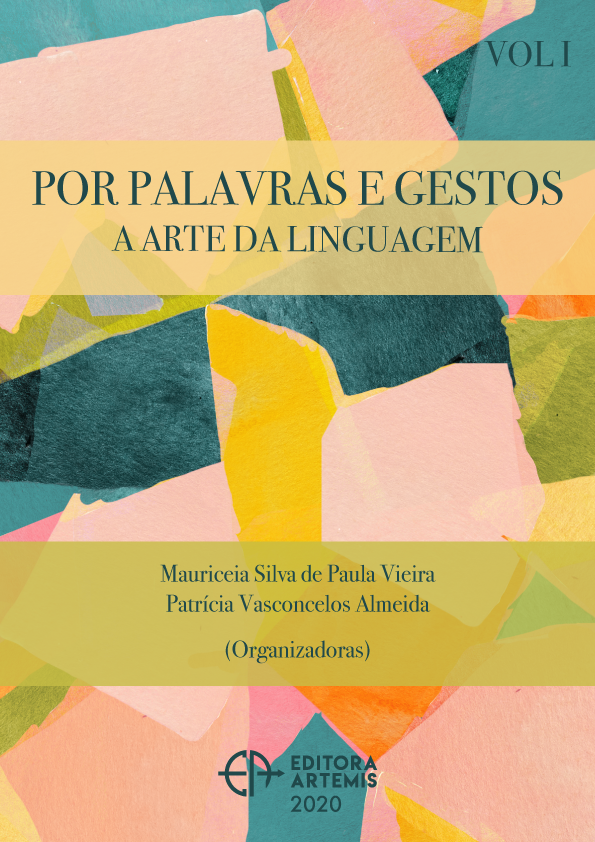
VOZES DE OUTRO GOLPE
Dedicamo-nos no presente trabalho a refletir sobre a relação estabelecida entre a Literatura, no seu enquadramento narrativo, e a História. E o fizemos a partir das crônicas em “Revolução dos Caranguejos” de Carlos Heitor Cony (2004) e do conto de Moacyr Scliar intitulado “Mãe judia, 1964” (2004). Para tanto, abordamos a narrativa não só a partir das perspectivas do narrador, mas dos modos de se narrar a ponto da história se obliterar em detrimento da explanação reflexiva das personagens sobre os acontecimentos narrados – quando a subjetividade se evidencia em relação à história. Logo, nos valemos de Friedman (LEITE, 1985) e de seus critérios para a determinação dos efeitos provocados pela gradação de interferência do narrador em que pese sua apreciação e julgamento, a apresentação de fatos em detrimento de outros e as reflexões que suscita a partir dos eventos narrados até sua gradual discrição e total desaparecimento, em nome da verossimilhança. Adorno (2003), Barthes (1997), Cosson (2007), Schneider (2014), Forster (1974) emprestaram suas considerações a respeito da relação que o ficcional estabelece com o real, bem como definições a respeita da Literatura enquanto fulgor do real. Conduzidos por tais autores, visamos a conceber uma forma de apresentar a literatura, na figura do conto de Scliar, como fulgor do real e como instrumento de combate ao esquecimento rompendo-lhe as barreiras e fazendo irromper a produção de novas possibilidades de sentido no silêncio incontido das mordaças da repressão a fim de desvelar os cotovelos e vértices da memória.
VOZES DE OUTRO GOLPE
-
DOI: 10.37572/EdArt_1013107203
-
Palavras-chave: Literatura. Narração. Ditadura militar. Memória. Esquecimento.
-
Keywords: Literature. Narration. Military dictatorship. Memory. Forgetfulness.
-
Abstract:
We dedicate ourselves in the present work in to reflect about the relationship established between Literature, in its narrative framework, and History. And we did it from the chronicles presented in Carlos Heitor Cony's “Revolução dos Caranguejos” (2004) (Crabs Revolution in english) and Moacyr Scliar's tale entitled “Mãe Judia, 1964” (2004) (Jewish Mother, 1964 in english). For this purpose, we approach the narrative not only from the narrator's perspectives, but from the ways of narrating until the point in which the history is obliterated due to the reflective explanation of the characters about the narrated events - when the subjectivity becomes evident in relation to the story. Thus, we use Friedman (Leite, 1985) and his criteria to determine the effects caused by the narrator's gradation of interference considering his appreciation and judgment, the presentation of facts considering others and the reflections that leads the narrated events from their gradual dispersion until the total disappearance, in the name of likelihood. Adorno (2003), Barthes (1997), Cosson (2007), Schneider (2014), Forster (1974) reported their considerations about the relation established between the fictional and the real, as well as definitions regarding Literature as a glow of the real. Conducted by these authors, we aim to develop a way of presenting literature, in the figure of Scliar's tale, as a glow of the real and as an instrument to combat the forgetting, breaking its barriers and resulting in the production of new possibilities of meaning in the unrestrained silence from the repression thread in order to unveil the elbows and vertices of memory.
-
Número de páginas: 20
- Laís Vidal de Negreiros Batista
- José Edilson de Amorim

